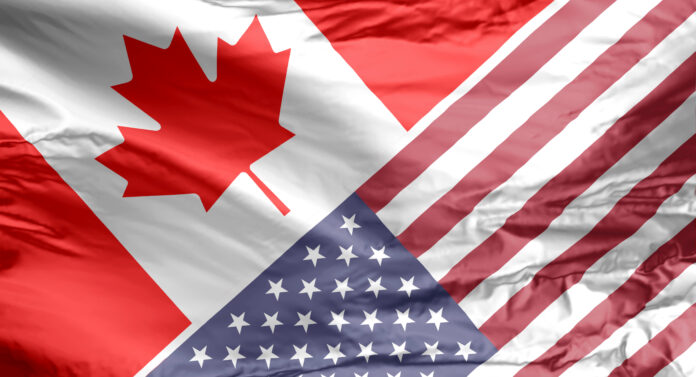When we first made the move from Northwestern to the University of Toronto, now over a decade ago, it was common for us to receive the question from colleagues, American and Canadian alike: what is it like to practice medicine in Canada compared to the U.S.? My wife and I quickly realized that, coded into the question, was a desire by the asker, if Canadian, to hear, what made the Canadian medical system intrinsically better than the American one, and if American, what we missed about America and was lacking in medicine in our new home. We learned quickly to temper our answers, to speak about the relative strengths and weaknesses of each, and importantly, to explain that we could speak only to the differences between practice at Northwestern and the University of Toronto, that it was overreaching for us to try to speak to and encapsulate the differences between medical practice in two countries.
We also hesitated to answer the question with the understanding that our scope would be limited by our fields of practice and by the subjective experience of practicing within our particular hospital sites: I, as a neurosurgical oncologist in an academic teaching hospital, my wife as an infectious disease specialist at a community-academic affiliate. At the same time, we did not want to dismiss the real insights afforded us by our work and what our experiences taught us about the differences between our two homes.
I attempted to take this question on systematically through a broad study of neurosurgeon experience in the U.S. and Canada. In collaboration with Drs. Timothy Smith and James Rutka, we undertook a survey of practitioners throughout academic and community centres in Canada, focusing on their perception of liability risk and their practice of defensive medicine(1). The survey included questions on surgeon demographics, patient characteristics, type of physician practice, surgeon liability profile, policy coverage, defensive behaviors, and perception of the liability environment.
We were able to capture data from 75 neurosurgeons, about half of all practicing neurosurgeons in Canada. We found that, at the time, over one-third of Canadian neurosurgeons paid less than $5000 for insurance annually (my liability coverage this coming year as a high-volume provider in an urban major academic centre and trauma hospital cost $27,000, second only to my colleagues in Obstetrics and Gynecology, down from $33,900 in 2021). The majority (87%) of Canadian neurosurgeons felt confident with their insurance coverage, and 60% reported that they rarely felt the need to practice defensive medicine. The majority of the respondents reported that the perceived medicolegal risk environment has no bearing on their preferred practice location. Only 1 in 5 respondent Canadian neurosurgeons (21.8%) reported viewing patients as a potential lawsuit. Only 4.9% of respondents would have selected a different career based on current medicolegal risk factors, and only 4.1% view the cost of annual malpractice insurance as a major burden. We concluded that, in comparison to neurosurgeons in the U.S., Canadian neurosurgeons perceive their medicolegal risk environment as more favorable and their patients as less likely to sue than their American counterparts, and likely as a result, engage in fewer defensive medical behaviors than previously reported in the U.S.
These findings support a general sense that medicolegal concerns exert less effect on neurosurgeons in Canada than on our colleagues in the U.S. That has been my own experience. But these concerns only touch on a small element of neurosurgical identity and what it means to practice as a neurosurgeon. For this broader exploration, I will speak to my own personal experience in my next essay.
- Smith TR, Hulou MM, Yan SC, Cote DJ, Nahed BV, Babu MA, et al. Defensive medicine in neurosurgery: the Canadian experience. J Neurosurg. 2016;124(5):1524-30.







